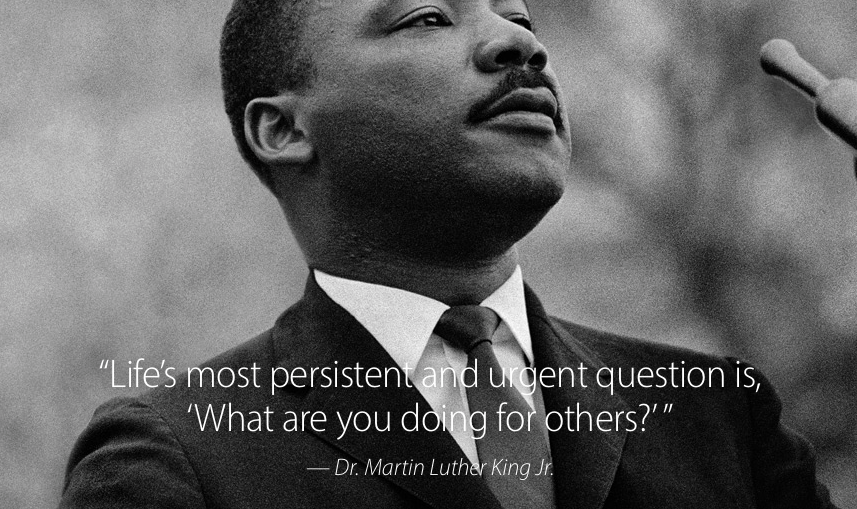“In these days, it is doubtful that any child may reasonably be expected to succeed in life if he is denied the opportunities of an education. Such an opportunity, where the state has undertaken to provide it, is a right that must be made available on equal terms.”
– Chief Justice Earl Warren, Brown v. Board of Education (1954)
Students are most impacted by the experiences in the classroom. When students are undereducated or miseducated, American society expects those who are oppressed to be silent. The American way is the way of least remembrance. Settling for unequal outcomes has been the norm for many of the injustices enacted upon oppressed people. Students and teachers are taking the initiative to end the oppression of unfair and unjust practices in education. School funding, racial segregation, over-testing, and school closures are only a few of the issues that teachers and students are working to address.
Teachers are a student’s first intersection with the education system. When a teacher is not allowed to be his or her best self, then the students suffer. A teacher who is crippled by the education system’s inequity and blamed for being a part of a ‘failing school’ is a troubling irony. Teachers serve on the front lines attempting to provide access to opportunity to all students. In urban areas, teachers are fighting with one arm behind their backs and their legs tied together.
Across the country, students and teachers are gathering to make their voices heard by becoming active in politics and advocating for the issues that impact them directly. Most of the activism occurring comes from communities who are trying to destroy the silence that has been deafening. In the United States, minorities and poor people comprise the majority of students concentrated in deprived communities. These students and the teachers are acting against their oppression.
